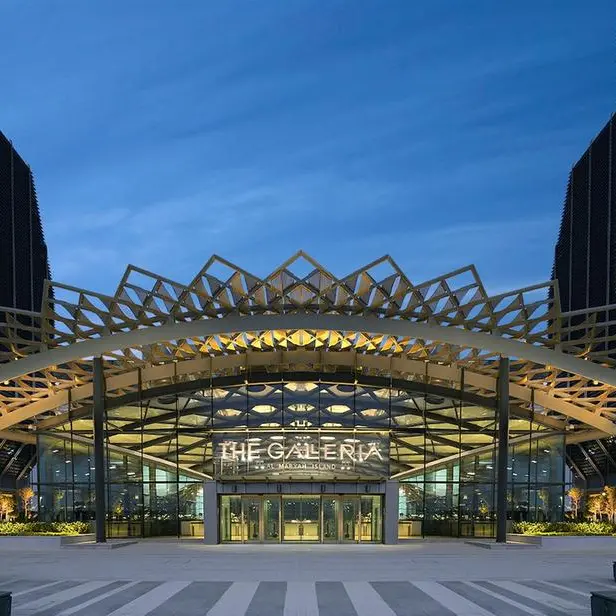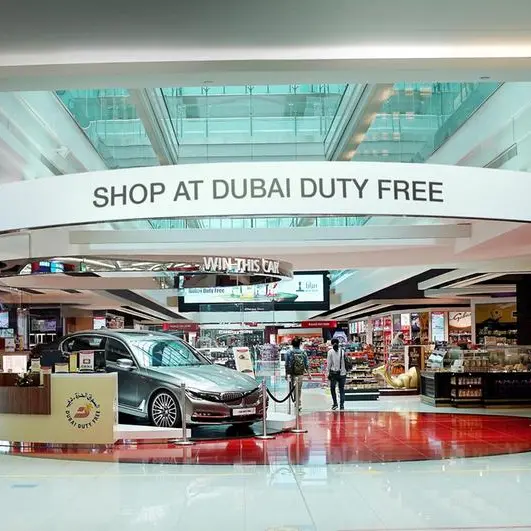PHOTO
Generative AI (GenAI) and other AI tools will transform retail over the next 12 months, according to ‘Retail Reimagined: Creating luxury customer experiences using data-driven insights’, a new report launched by Deloitte Global.
With 52% of retailers intending to employ GenAI within the next 12 months for content creation in publications and reports, and 25% aiming to utilise it for brand campaigns and marketing, it’s a growing trend among those seeking to maintain consumer loyalty, particularly in the luxury sector.
The research, to be unveiled at this year’s World Retail Congress, taking place in Paris from April 16 to 18, highlights how brands are increasingly adopting personalised recommendations and targeted advertising to analyse consumer behaviour and preferences in real-time.
Digitalisation surge
Ida Palombella, Partner, IP & IT Fashion & Luxury co-leader, Deloitte Italy, said: “In the past year, digitalisation has surged within the luxury retail sector. Meanwhile, brand loyalty has taken a dive. With so much choice at consumers’ fingertips, it’s all about cutting through the noise. For those seeking to stay ahead of the curve, hyper personalisation will be key.”
“Consumers expect brands to understand their individual preferences and provide tailored interactions across all touches. These discerning shoppers seek seamless experiences that imbue a sense of exclusivity and importance across physical and digital realms. From styling to AI-augmented chatbots and beyond, the possibilities that GenAI poses are decidedly endless.”
Some retailers have adopted GenAI to enhance in-store experiences, such as The Prada Group, who, in March 2023, partnered with Adobe to enhance online and in-store customer experience through real-time personalisation powered by data analytics.
Brand narrative
“In the luxury space, maintaining a consistent brand narrative is key, and relinquishing control of this to a third-party has potential to dilute the brand positioning. By using GenAI tools to generate content, be that imagery or text, luxury retailers can systemically standardise tone of voice across all communications, whilst still creating the volumes required for multiple customer segments, geographies, missions etc. and to respond to individual customer service enquiries,” adds Gillian Simpson, Partner, Deloitte UK.
Others have used it as the basis for creative campaigns. During London Fashion Week in February 2023, Moncler Genius launched its first entirely GenAI-created commercial campaign and Valentino launched a campaign for Maison Valentino Essentials, a collection with a new take on traditional men’s clothing, also created using GenAI.
The report cites the issue of unstructured data as one of the primary obstacles for the wider adaptation and utilisation of GenAI, which often contains sensitive personally identifiable information (PII) and raises concerns surrounding consumer trust and data security. Compounded by its ever-increasing volumes, unstructured data necessitates costly storage solutions and complicated disposal processes.
Individual engagement
Driving individual engagement at scale with trustworthy AI is key. To cultivate trust, luxury retailers should base the design, deployment, and communication of AI tools on four fundamental pillars: human connection, transparency, capability and reliability. The brands who get this right stand to lead the way in continued customer engagement.
Ian McGarrigle, chairman of World Retail Congress, added: “Retailers are racing to enhance the customer experience, from virtual shopping lounges to personalised recommendations and beyond. The luxury retail sector has always led the way in terms of understanding its customer base and now has a much broader range of tools at its disposal – the key will be learning to separate valuable data from the redundant and obsolete.”--TradeArabia News Service
Copyright 2022 Al Hilal Publishing and Marketing Group Provided by SyndiGate Media Inc. (Syndigate.info).





















